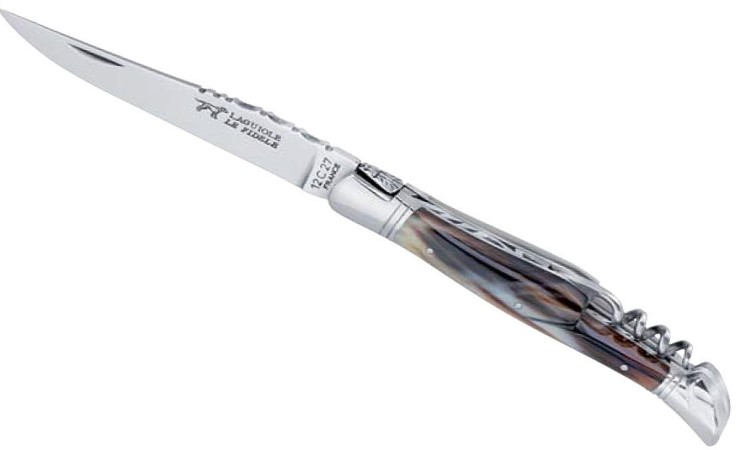
Guide to Acne Scar Treatment for Dry Skin
Treating acne scars can be a challenge for anyone, but for those with dry skin, finding the proper treatment requires extra care and attention. Acne scars often form as a result of severe inflammation from breakouts, and dry skin can make healing more complicated due to its lack of natural moisture and slower cell turnover. Fortunately, there are numerous acne scar treatments designed specifically for dry skin. This article explores the history of acne scar treatments, highlights the best methods for dry skin, and offers practical tips for ongoing skincare.
Throughout history, acne and acne scars have been persistent skin concerns across cultures. The latest advancements include gentle laser treatments, microdermabrasion, and hydrating serums that can help heal scars without exacerbating dryness.
With the growing understanding of skin types, there are now tailored solutions for individuals seeking acne scar treatment for dry skin.
Effective Acne Scar Treatments for Dry Skin
When it comes to acne scar treatment for dry skin, it’s essential to choose options that promote healing without stripping the skin’s natural moisture. Here’s a list of some of the most effective treatments available today:
1. Microneedling with Hydration Boosters
Microneedling is a minimally invasive treatment that uses tiny needles to create controlled injuries on the skin’s surface, triggering the body’s natural healing response. For dry skin, combining microneedling with hydrating serums can improve scar appearance while providing much-needed moisture.
- Benefits for Dry Skin: Boosts collagen production and encourages deeper absorption of hydrating serums, like hyaluronic acid.
- Typical Results: Reduced scar depth, smoother texture, and increased hydration.
- Frequency: Sessions are usually spaced 4-6 weeks apart.
Pro Tip: Ask your dermatologist about using hyaluronic acid during microneedling sessions to enhance hydration and speed up recovery.
2. Laser Therapy
Laser treatments, such as Fraxel and CO2 lasers, are popular for treating acne scars by resurfacing the skin. For dry skin, fractional lasers are especially suitable, as they treat only a portion of the skin at a time, allowing for quicker healing with less risk of excessive dryness.
- Best Laser Types for Dry Skin: Fractional CO2 and non-ablative lasers, which promote collagen without causing extreme dryness.
- Results: Improved skin texture, reduced scar depth, and even skin tone.
- Frequency: Every 3-6 months, depending on skin tolerance and type of laser used.
Pro Tip: Use a hydrating serum and moisturizer regularly post-treatment to minimize any dryness from the laser.
3. Hyaluronic Acid Treatments
Hyaluronic acid is a powerful, moisture-binding ingredient that can improve the appearance of acne scars over time by plumping the skin and filling in scar depressions. It’s especially beneficial for those with dry skin due to its deep hydrating properties.
- How It Works: Attracts water molecules to the skin, plumping areas around scars and reducing their visibility.
- Usage: Daily application of hyaluronic acid serums can help keep dry skin hydrated and promote scar healing.
Pro Tip: Pair hyaluronic acid with a gentle moisturizer to seal in hydration and achieve optimal results.
4. Chemical Peels for Sensitive Skin
Chemical peels work by exfoliating the outer layers of skin, helping to reduce scar visibility. For dry skin, mild peels like lactic acid or mandelic acid are recommended as they are gentler and help to retain moisture.
- Recommended Types for Dry Skin: Lactic acid and mandelic acid peels.
- Benefits: Exfoliates dead skin cells, revealing a smoother layer underneath and reducing scar depth over time.
- Frequency: Mild peels can be done every 4-6 weeks, depending on skin sensitivity.
Pro Tip: Start with lighter peels and build tolerance gradually to prevent further drying of the skin.
5. Topical Retinoids (Retinol)
Retinoids are vitamin A derivatives that boost skin cell turnover and stimulate collagen production, helping to fade acne scars. Retinoids can be drying, so those with dry skin should use a low-strength formula and ensure they’re pairing it with hydrating products.
- Best Options for Dry Skin: Low-strength retinoids like retinol 0.25% or bakuchiol (a gentle retinol alternative).
- Application: Apply 2-3 times a week, gradually increasing frequency as skin tolerance builds.
- Results: Over time, retinoids can reduce scar visibility, improve skin texture, and minimize hyperpigmentation.
Pro Tip: Start with a retinoid serum that includes hydrating ingredients like hyaluronic acid to minimize dryness and irritation.
6. Vitamin C Serum
Vitamin C is an antioxidant that can brighten the skin and fade post-acne marks, making it a useful addition to acne scar treatment for dry skin. Its antioxidant properties help protect the skin from free radicals, while it also aids in collagen production.
- How It Benefits Dry Skin: Provides a radiant glow and reduces the appearance of scars over time.
- Frequency: Apply daily in the morning for best results.
- Recommended Concentrations: 10-15% vitamin C for sensitive or dry skin types.
Pro Tip: Look for formulas that combine vitamin C with hydrating agents, such as glycerin or hyaluronic acid, to prevent dryness.
7. Aloe Vera and Natural Moisturizers
Natural moisturizers, especially aloe vera, are great for dry skin with acne scars. Aloe vera has anti-inflammatory properties that can soothe irritation, while its gel-like texture provides a barrier that locks in moisture.
- How It Works: Aloe vera hydrates the skin, soothes inflammation, and promotes healing.
- Application: Use a pure aloe vera gel as a mask or a layer under your regular moisturizer.
Pro Tip: Combine aloe vera with ingredients like shea butter or squalane for a powerful, hydrating scar treatment.
8. Collagen-Boosting Creams
Collagen-boosting creams contain peptides, antioxidants, and other ingredients that help skin retain elasticity and firmness. For dry skin, these creams also provide essential hydration, which aids in scar repair.
- Ingredients to Look For: Peptides, hyaluronic acid, and squalane.
- Benefits: Boosts skin’s collagen production, helping scars appear smoother and more filled in.


